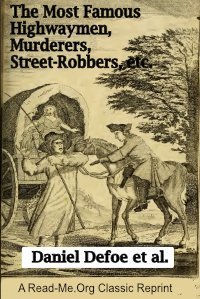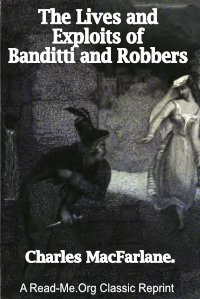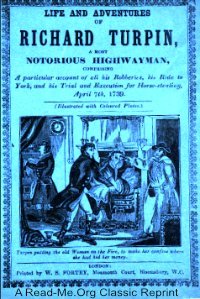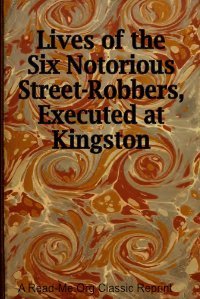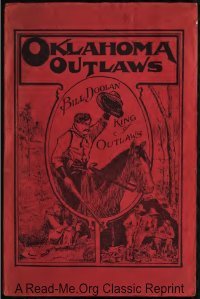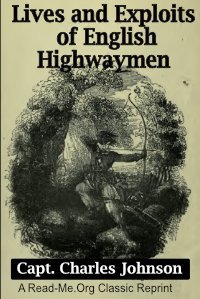By Joseph A. Dacus.
“In that dreadful ebullition of human hatreds, Frank and Jesse James played no laggard's part. As boys, they accepted service under Quantrell, and became renowned for caution and daring even in the days of their youth. Members of a partisan organization, famed even in the early days of the strife for daring deeds and extraordinary activity; a band, every man of which was a desperado of great cunning and prowess, these two callow-youths, taken from a country farm, speedily rose to the eminence of leading spirits among the most daring of men. Both sides in the border counties of Missouri and Kansas prosecuted war with a vindictive fury unparalleled in modern history. The scene of the operations of the Guerrillas was at first confined to the limits of Clay, Platte, Jackson, Bates, Henry, Johnson, and Lafayette counties, in Missouri, and along the Kansas border.”
St. Louis: W.S. Bruan; Chicago, J.S. Goodman, 1880. 396p.
by Charles MacFarlane.
The Lives and Exploits of Banditti and Robbers in All Parts of the World, Vol.1.. “Neither the fullness of years nor maturity of experience and worldly wisdom can render us as insensible to tales of terror such as fascinated our childhood, nor preserve us from a ‘creeping of the flesh’ as we read or listen to the narrative containing the daring exploits of some robber-chief, his wonderful address, his narrow escapes, and his prolonged crimes…”
London: T. Tegg and Son, 1837. 360p.
By W.S. Fortey.
A Most Notorious Highwayman. “Richard Turpin was born at Hampstead, in Essex, where his father kept the sign of the Bell; and after being the usual time at school, he was bound to apprentice to a butcher in Whitechapel, but did not serve out his time, for his master discharged him for impropriety of conduct, which was not in the least diminished by his parents' indulgence in supplying him with money, which enabled him to cut a figure round the town, among the blades of the road and the turf, whose company he usually kept.”
London: W.S. Fortey, 1860. 12p.
By Capt. Charles Johnson.
Pirates and Robbers, drawn from the most authentic sources, with additions by C. Whitehead. “He alone is a truly brave man, who, being powerful, for brave in it disgraceful to insult the feeble : many who pass the estimation of the world, are yet cowardly enough to commit base and barbarous actions : what else can be said of those, who possessing strength of mind and vigour of body, employ their faculties to rob and oppress the weak and ignorant ? It is an easy matter to assume the semblance of fortitude and resolution; but few, very few, are the individuals who really possess those noble qualities : particularly such hardened villains whose lives and exploits are so faithfully recorded in the following work.”
London Booksellers (1883) 452 pages.
By James Allen.
Alias Jonas Pierce.. The front cover of the famous skin-bound copy has a label which reads "HIC LIBER WALTONIS CUTE COMPACTUS EST" ("This book is bound in the skin of Walton"); Walton was one of the author's aliases. Some claim that books were bound in the skin of criminals. The narrative is a combination of autobiography and confession, transcribed by the warden, as the author himself was unable to write. It details Allen's life, beginning from childhood and laying out his struggles to find honest work as a teenager.[5] Allen explains how he moved from breaking into shops to highway robbery, and how he attempted to escape imprisonment many times. The book ends with a note from the warden, regarding Allen's state of mind toward the end of his life — Wikipedia.
Boston: Harrington & Co., 1837. 32p.
By Hans Kurella.
A Modern Man of Science.. Translated from the German by M. Eden Paul. “Entirely new, however, is the attempt here made to demonstrate how high is the position of Lombroso’s brilliance may justly be said to have occupied in a epoch of positive study of the world, of mankind and society.”
New York, Reman Co. (1910) 199 pages.


